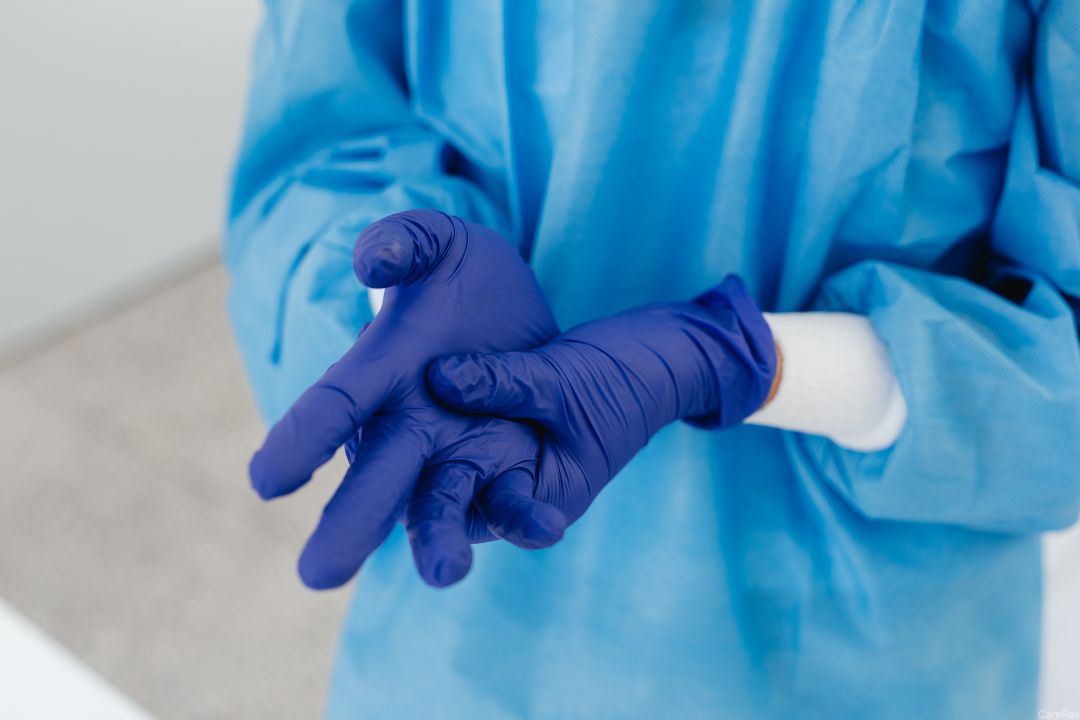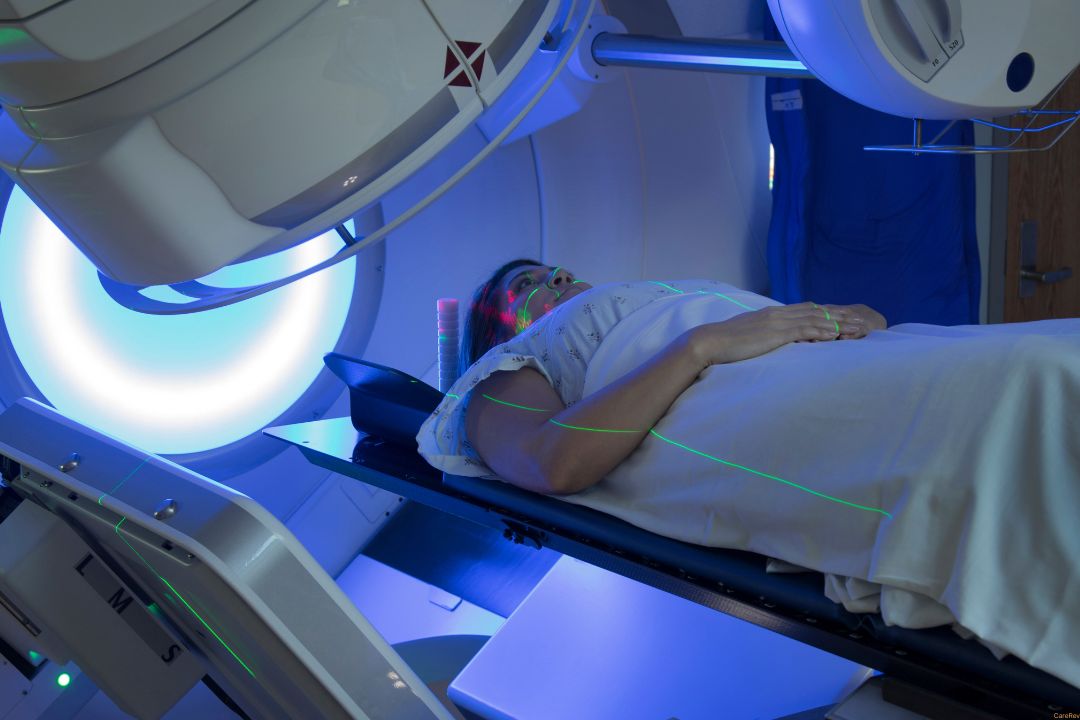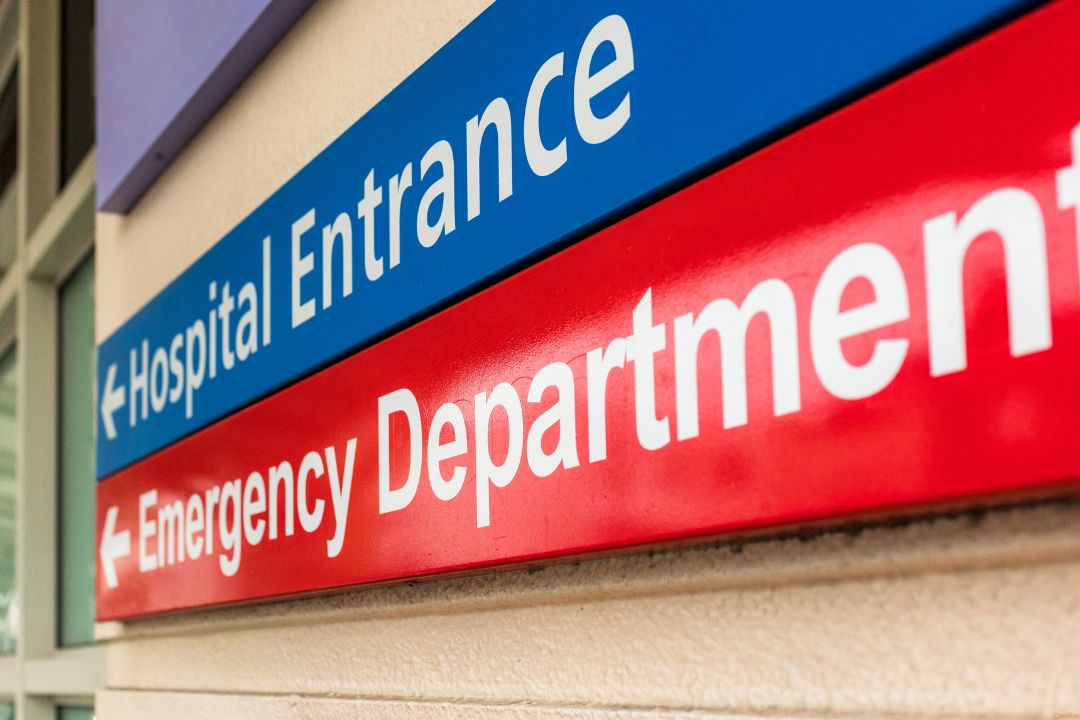
Psychiatric nursing is a challenging yet rewarding career path that allows individuals to make a profound impact on the lives of patients struggling with mental health disorders. If you're passionate about mental health and are considering a career as a psychiatric nurse, this comprehensive guide will provide you with the essential information you need to embark on this fulfilling journey.
What is a psychiatric nurse?
Psychiatric nurses are healthcare professionals who specialize in caring for patients with mental health issues. They work closely with psychiatrists, psychologists, and other mental health professionals to provide holistic care and support to patients in various settings, including hospitals, clinics, psychiatric facilities, and community health centers.
How to become a psychiatric nurse
- Obtain a Nursing Degree: The first step to becoming a psychiatric nurse is to earn a nursing degree. You can choose to pursue either an Associate Degree in Nursing (ADN) or a Bachelor of Science in Nursing (BSN) from an accredited nursing program. A BSN is often preferred by employers and provides a more comprehensive education.
- Obtain Licensure: After completing your nursing degree, you'll need to pass the NCLEX-RN exam to become a licensed registered nurse (RN). Licensure requirements may vary by state, so be sure to check the specific requirements in your area.
- Gain Clinical Experience: To specialize in psychiatric nursing, gaining clinical experience in mental health settings is essential. Many nursing programs offer clinical rotations in psychiatric hospitals or facilities where you can gain hands-on experience working with patients with mental health disorders.
- Pursue Certification: While certification is not always required to work as a psychiatric nurse, obtaining certification demonstrates your expertise and commitment to the field. The American Nurses Credentialing Center (ANCC) offers the Psychiatric-Mental Health Nursing (RN-BC) certification for registered nurses.
- Consider Advanced Education: Some psychiatric nurses choose to pursue advanced degrees, such as a Master of Science in Nursing (MSN) or a Doctor of Nursing Practice (DNP), to advance their careers and specialize further in areas such as psychiatric-mental health nurse practitioner (PMHNP).
How long does it take to become a psychiatric nurse?
The time it takes to become a psychiatric nurse can vary depending on your educational path and career goals. Typically, it takes about 2-4 years to complete a nursing degree (ADN or BSN), pass the NCLEX-RN exam, and gain the necessary clinical experience. Advanced education, such as earning a master's or doctoral degree, can add additional time to the process.
How much do psychiatric nurses make?
According to the U.S. Bureau of Labor Statistics (BLS), the median annual wage for registered nurses, including psychiatric nurses, was $75,330 as of May 2020. However, salaries can vary based on factors such as location, experience, education, and employer.
In general, psychiatric nurses may earn slightly higher salaries than general RNs due to the specialized nature of their work. Additionally, psychiatric nurses who hold advanced degrees or certifications may command higher salaries.
Is psychiatric nursing right for you?
Becoming a psychiatric nurse requires dedication, compassion, and a commitment to providing quality care to individuals struggling with mental health disorders. By following the steps outlined in this guide and investing in your education and training, you can embark on a fulfilling career in psychiatric nursing and make a positive difference in the lives of your patients.
Want to learn about other in-demand healthcare professions? Explore more professions with shifts offered through the CareRev App.





